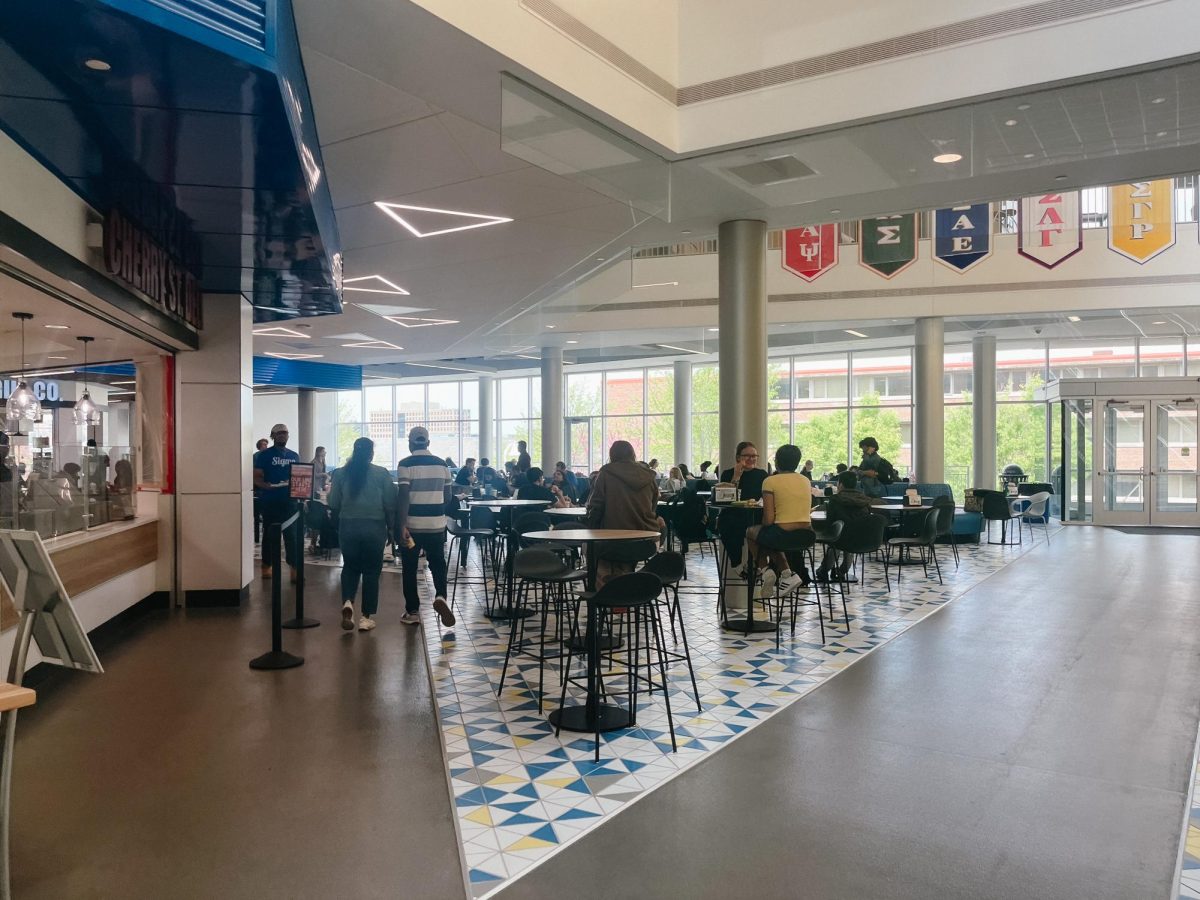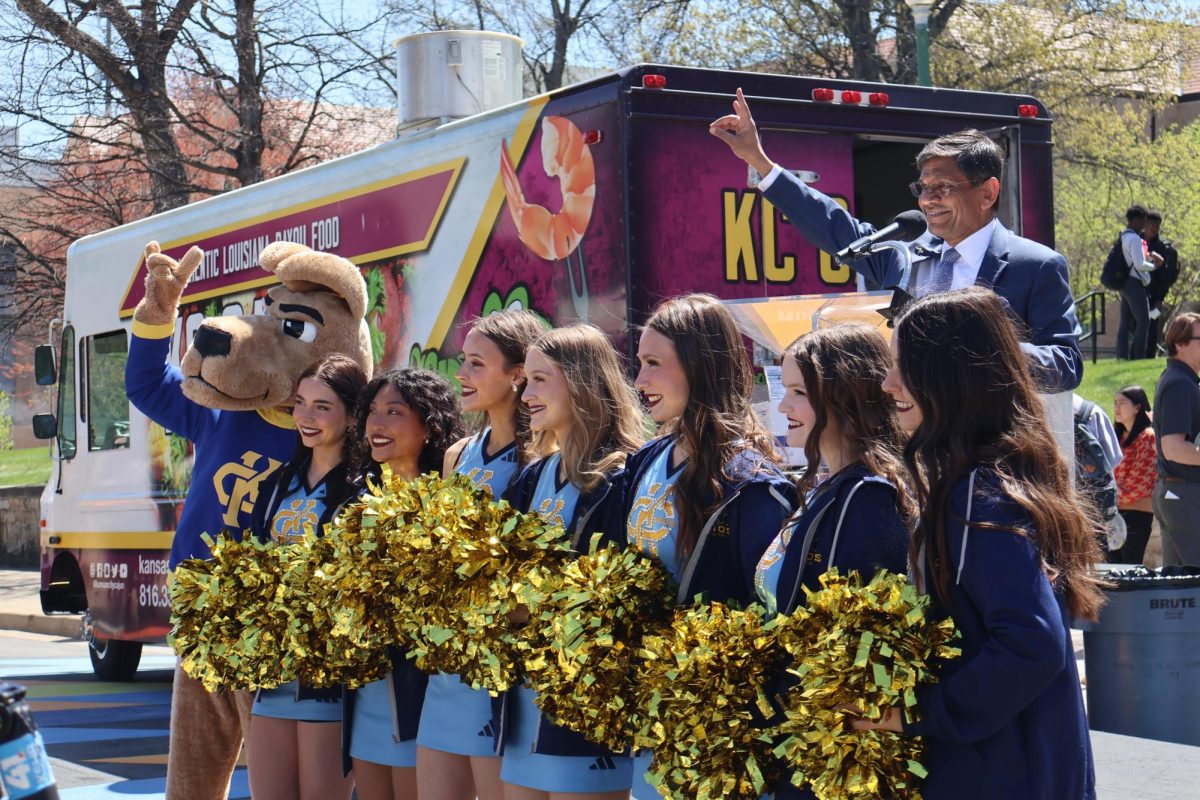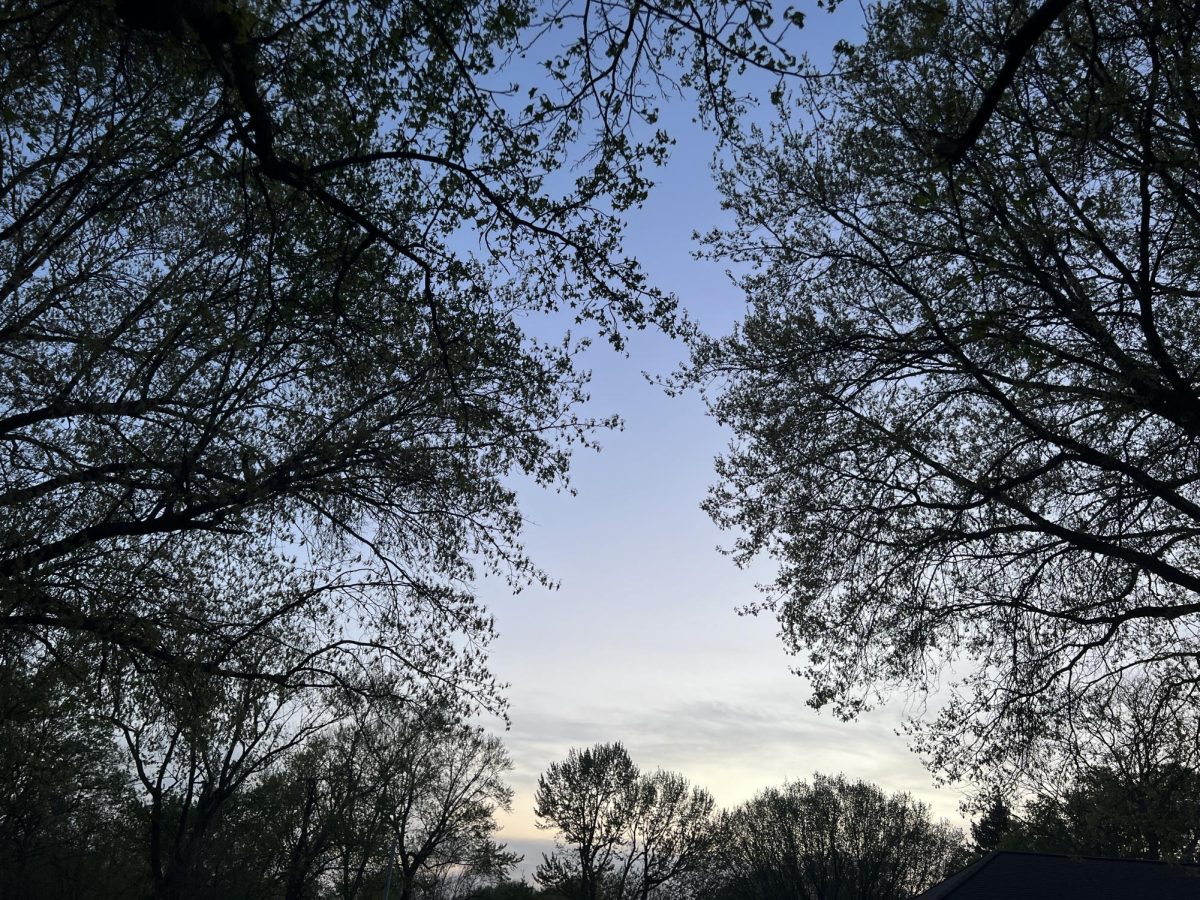At Miller Nichols Library, UMKC’s LaBudde Special Collections and Marr Sound Archives are home to thousands of resources documenting Black history.
LaBudde archivist Dr. Anthony LaBat said he has purposefully sought out collections from Black leaders and creatives to process and utilize in classroom sessions.
“I’ve always tried to have projects that align with my interests. Initially, that was underground publications and music stuff, but I’ve also made it a point to be familiar with our records of Black people. As a Black person, being able to work with source materials on Black history has been incredible,” said LaBat.
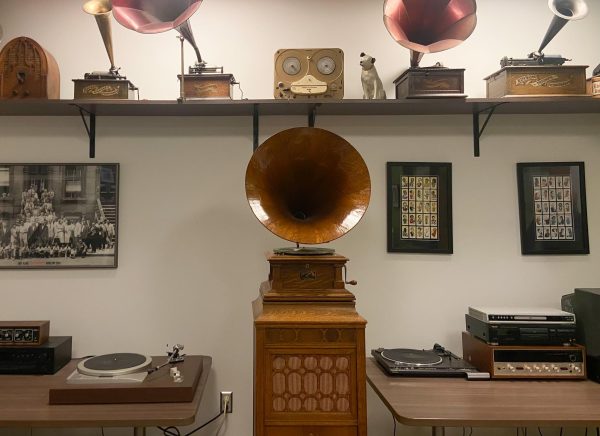
He especially loved bringing out the stories of Dolores Hobley and Dorothy Johnson collections which he referred to as “slices-of-life” from the late 19th century to mid 20th century of Black life in Kansas City.
The archives are vital in preserving the legacy of Black people and Black culture in Kansas City, but historically they have placed more value on white collections.
“The archives are supposed to be a reflection of the community they sit within,” he said. “It is the first place you would go to to check the receipts. You can see Black people talking about themselves in their own words—not being talked about—but the stories are coming from them, from Black culture.”
LaBat teaches students to identify how white privilege has been embedded in archival institutions while working to ensure that material descriptions are accurate and unbiased.
Chuck Haddix has been the curator of the Marr Sound Archives since its opening in 1986. He has accumulated over 400,000 recordings, ranging from diverse music genres, speeches, interviews, and radio programs.
“One of the initiatives here is to collect unrepresented communities… and the sound archives includes a wealth of recordings of Black culture, both from Kansas City and nationally.”
The collection includes significant recordings from Martin Luther King Jr., the Civil Rights Movement, speeches from Black women, Black authors reading their own works, and American jazz, blues, and soul. Haddix is particularly passionate about Kansas City’s Charlie Parker.
“We have a very deep and broad collection of the African American experience as reflected in recorded sound,” he said. “You can read about it, but once you hear the voices and historic events unfolding on recorded sound, it brings it home to you. It brings it alive.”
If students want to access additional materials about Black studies or Race, Gender, and Ethnic Studies (REGS) at Miller Nichols, Librarian Tracey Hughes helps students learn how to use their databases.
“I want to try and reach students as much as possible,” she said. “For students of color or students intimidated by libraries, they can see that there is someone here who looks like them, thinks like them, understands the topics and can direct them to resources. I want to do whatever I can do to help them be successful.”
For more information, chat with a live librarian at UMKC here, or read another story about the LaBudde Special Collections here.
lamg7c@umsystem.edu


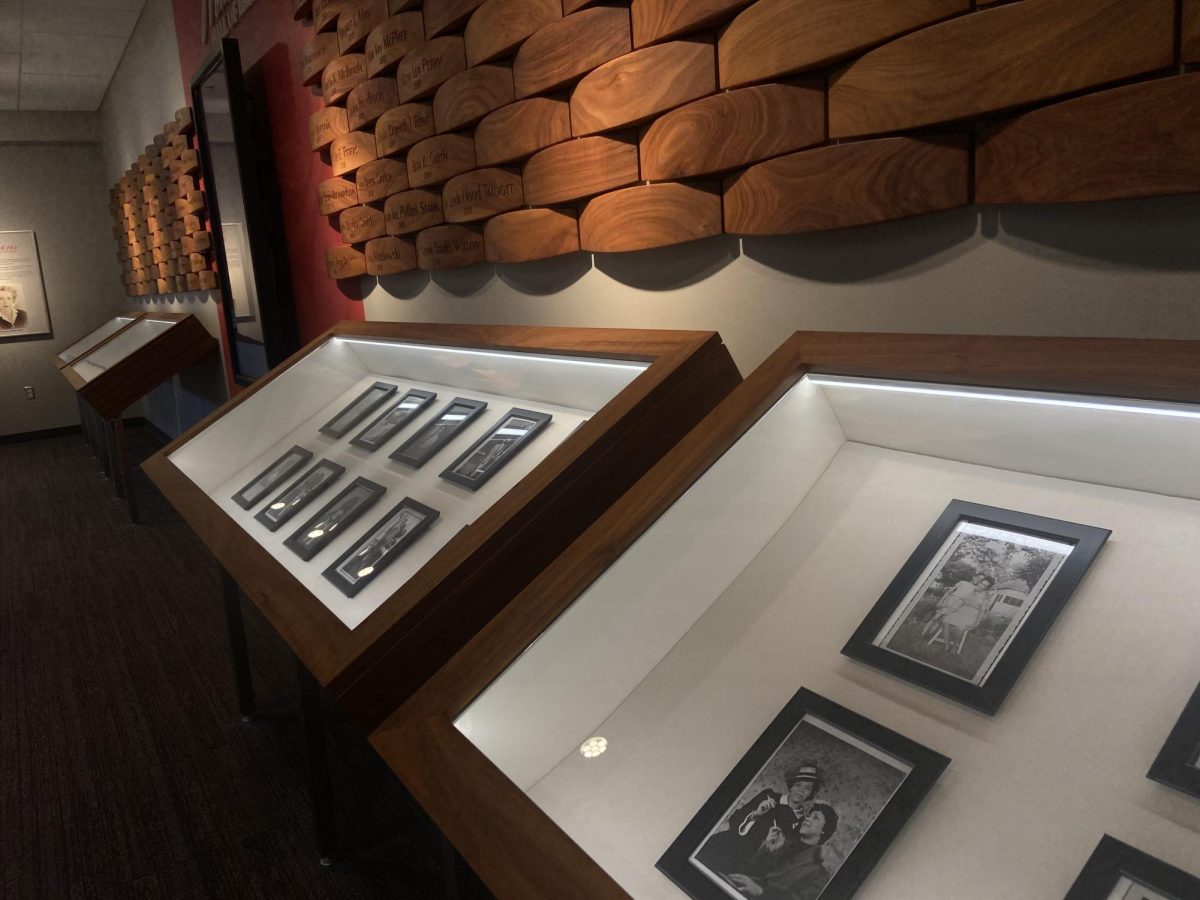
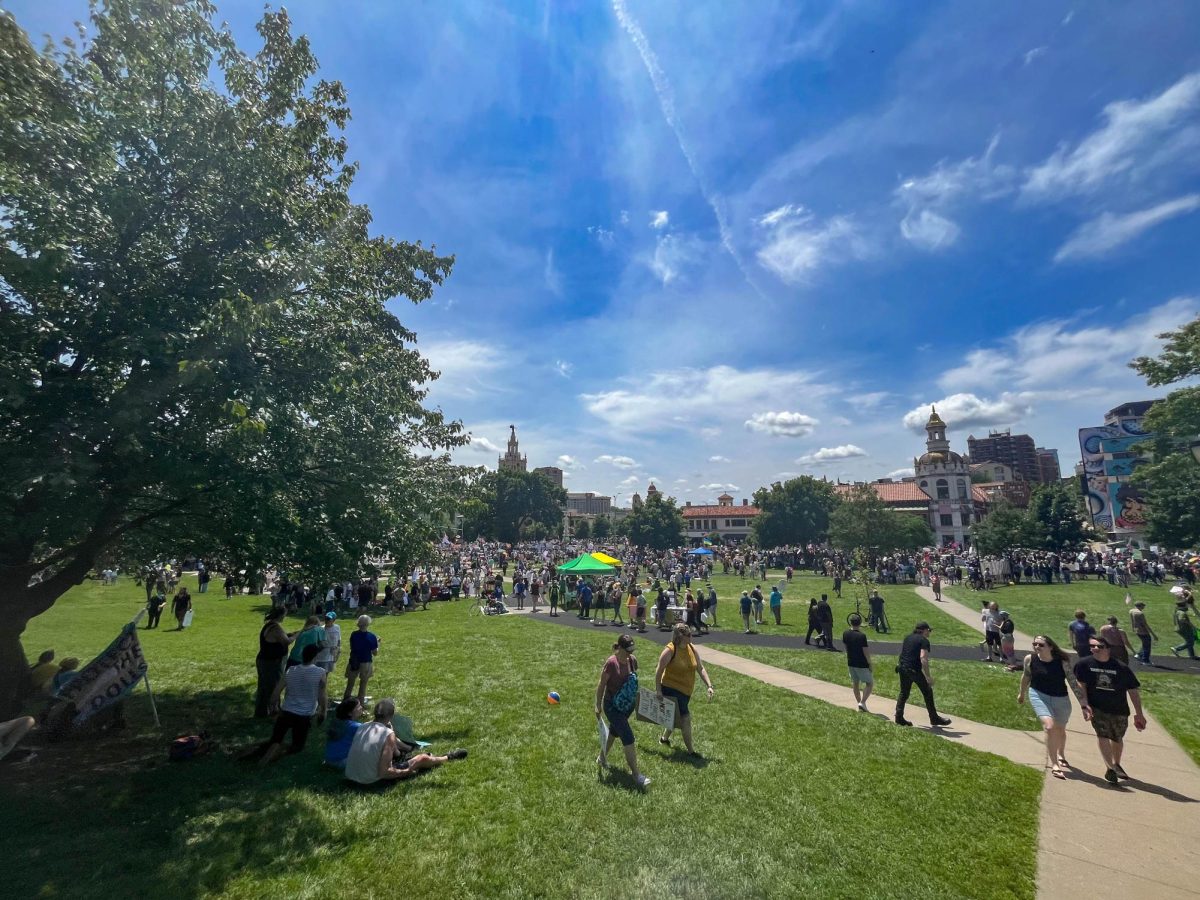
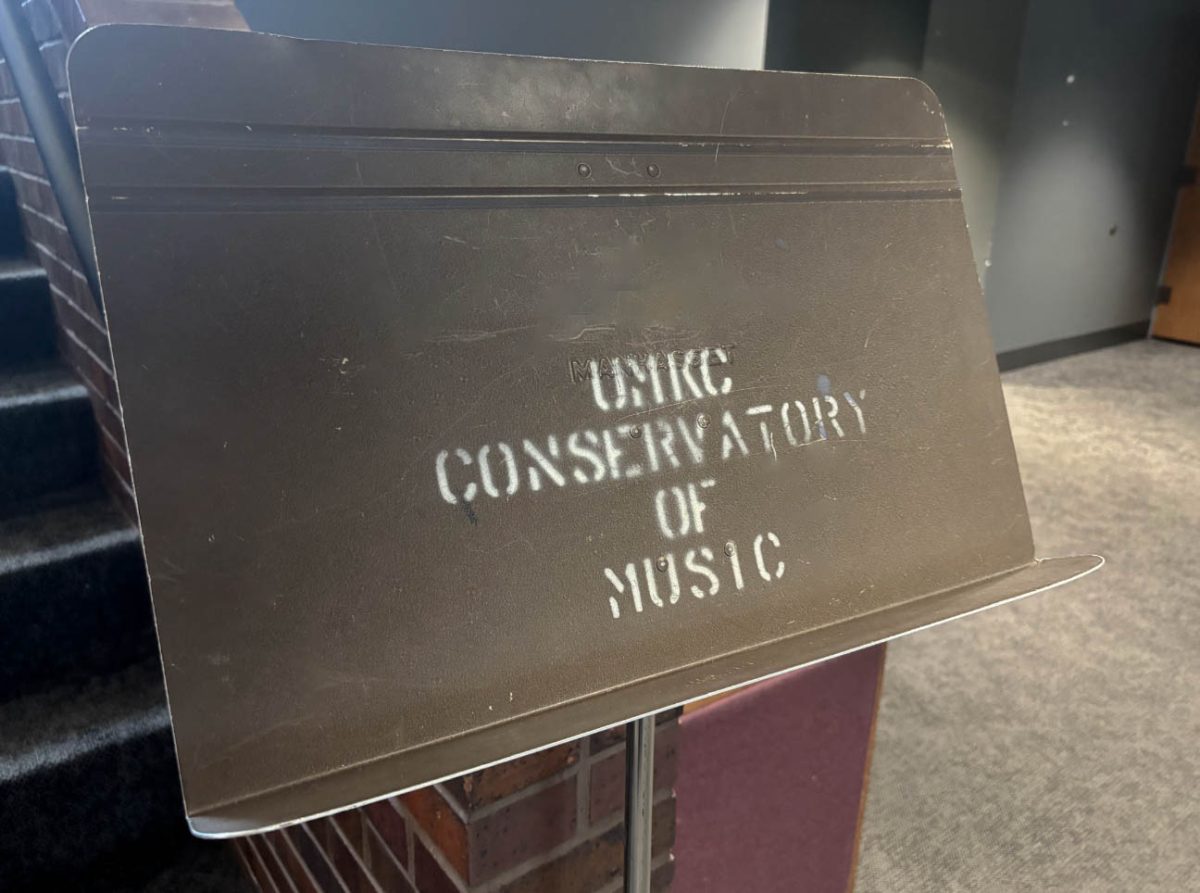
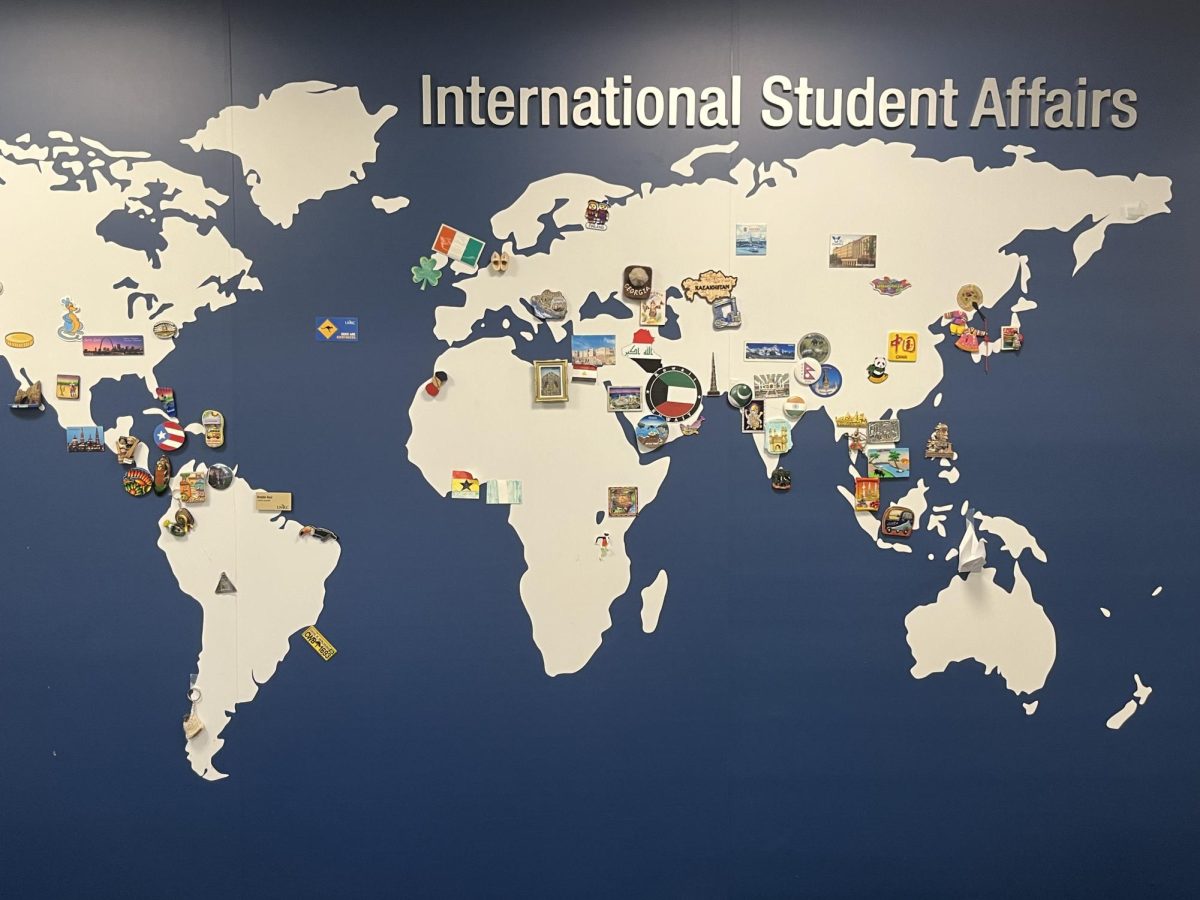
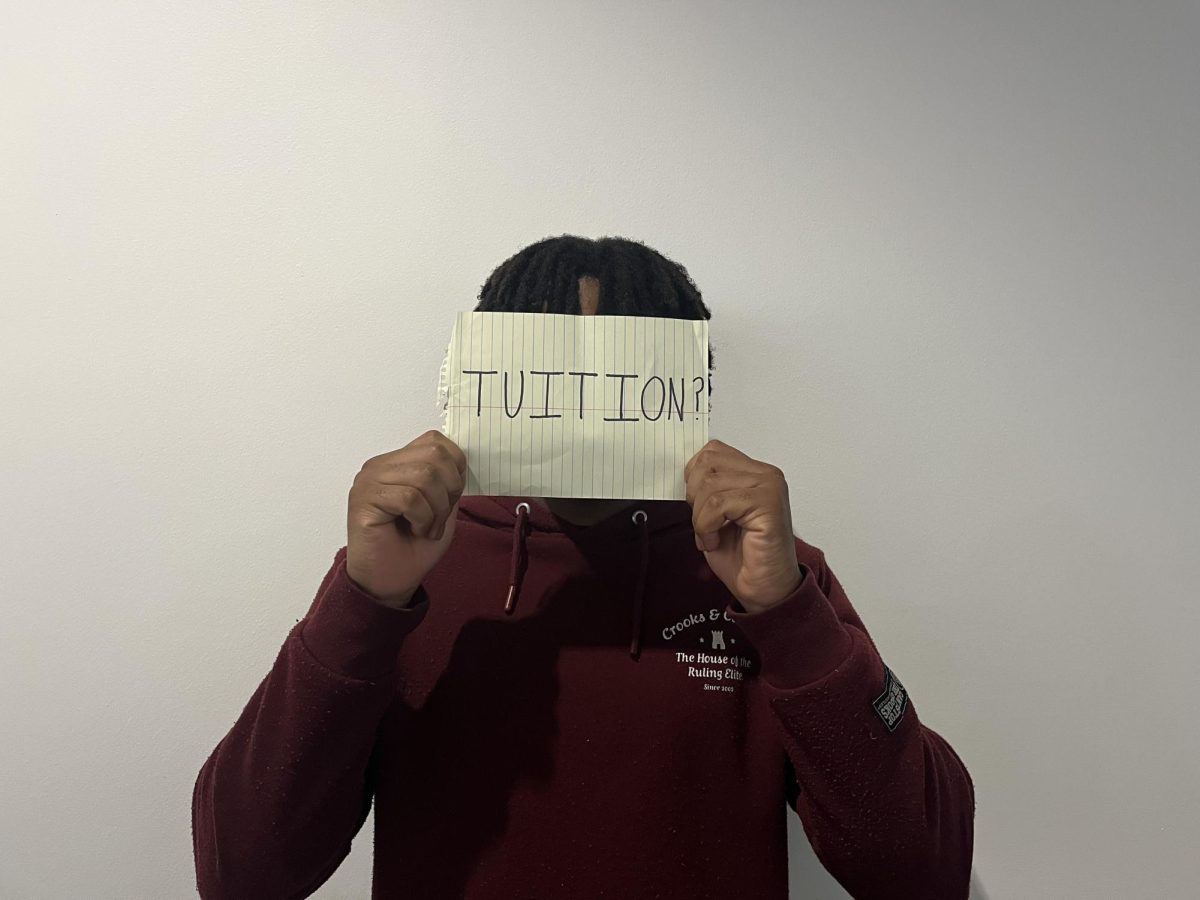

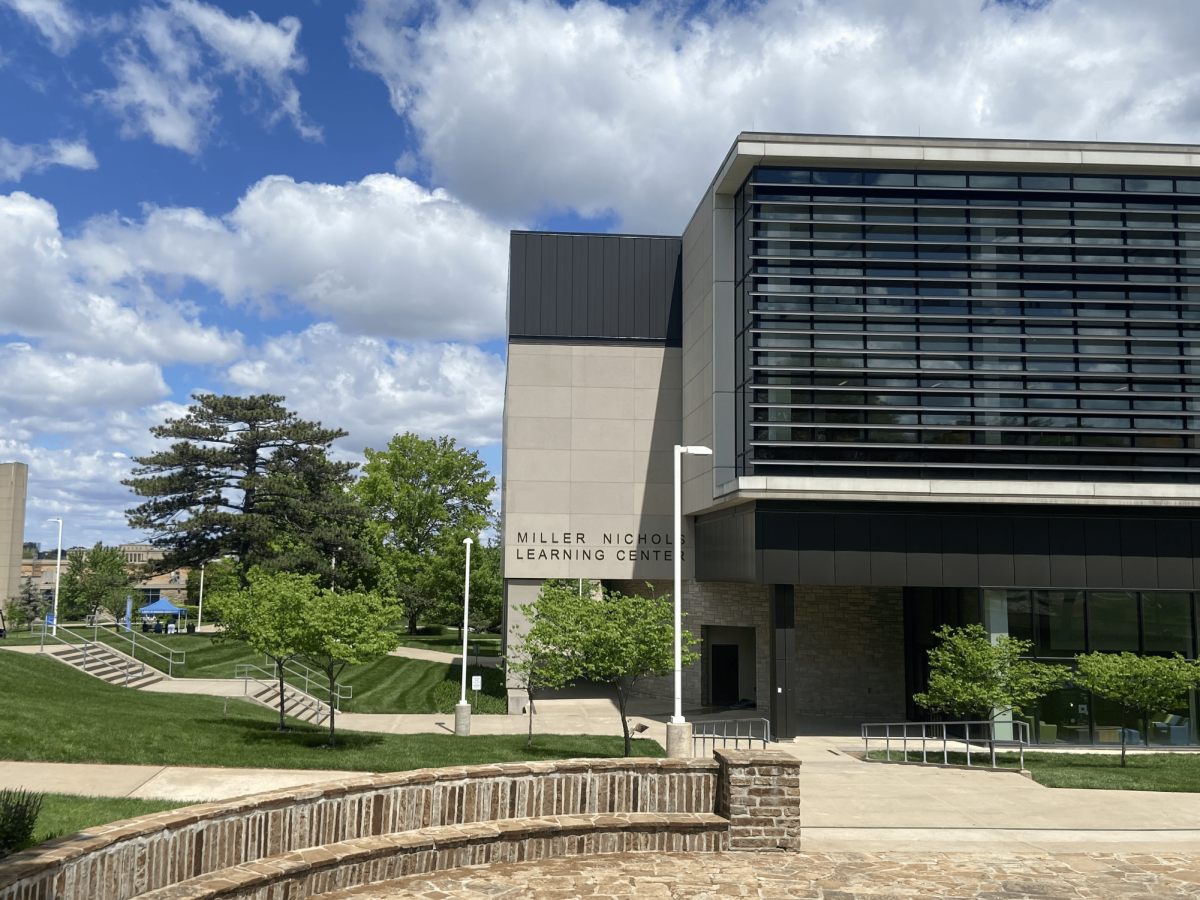
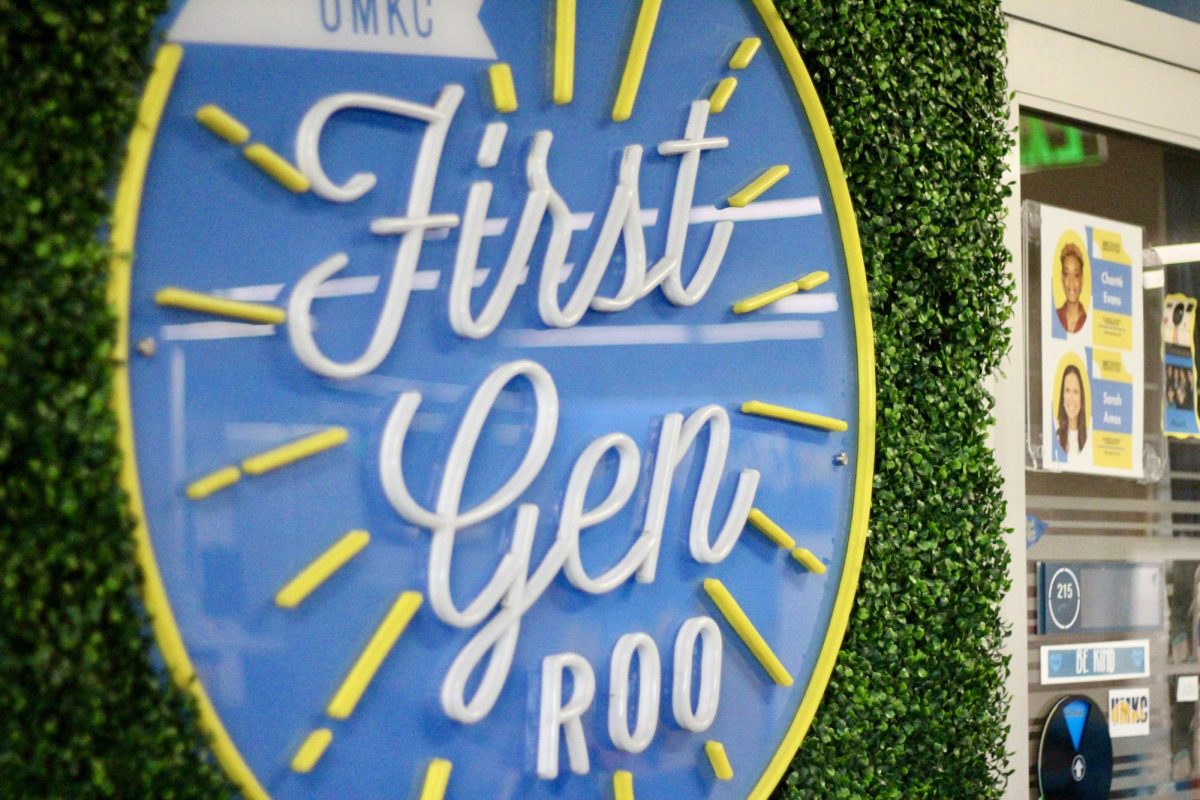
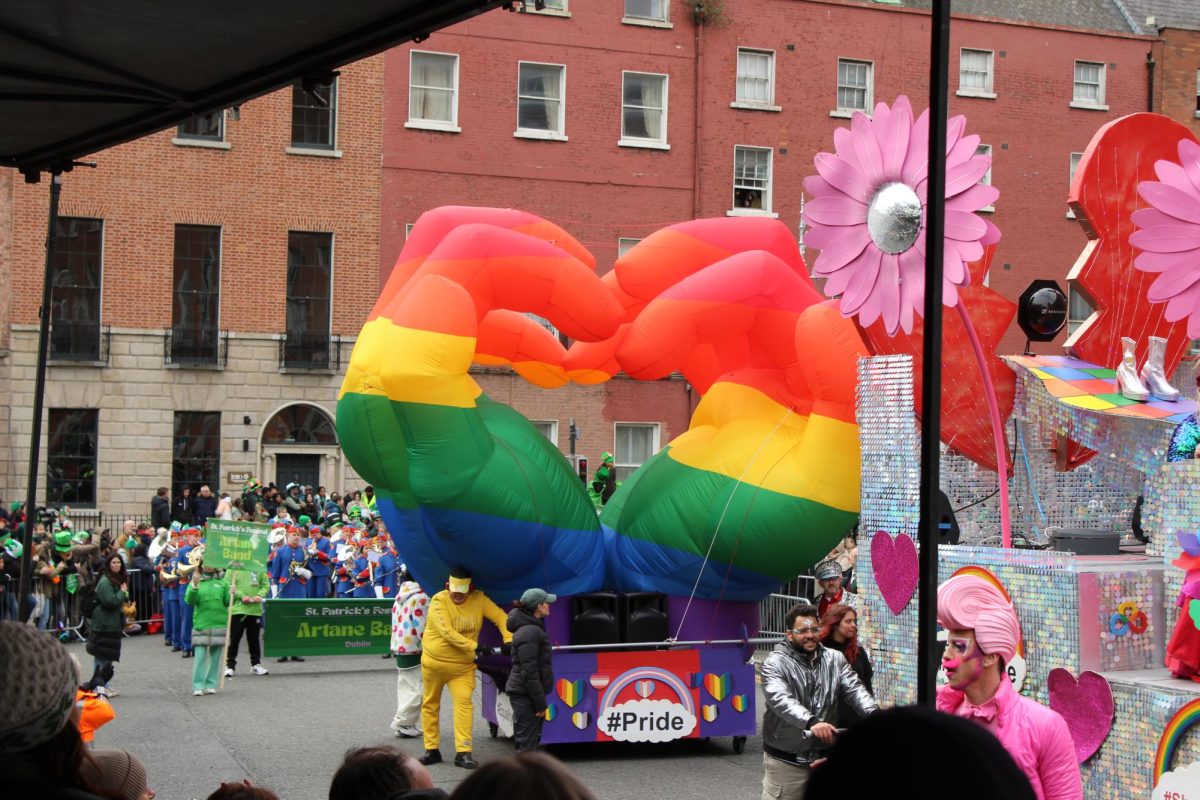
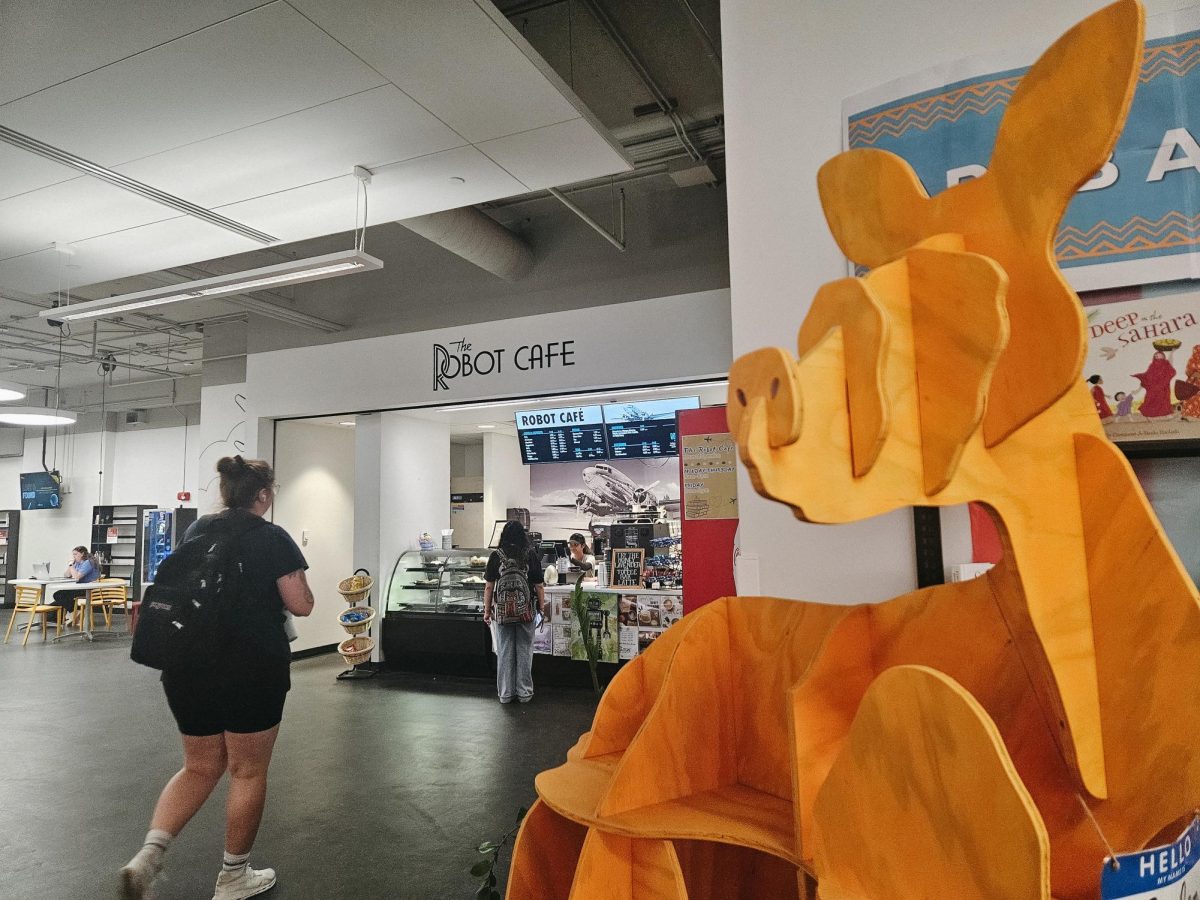
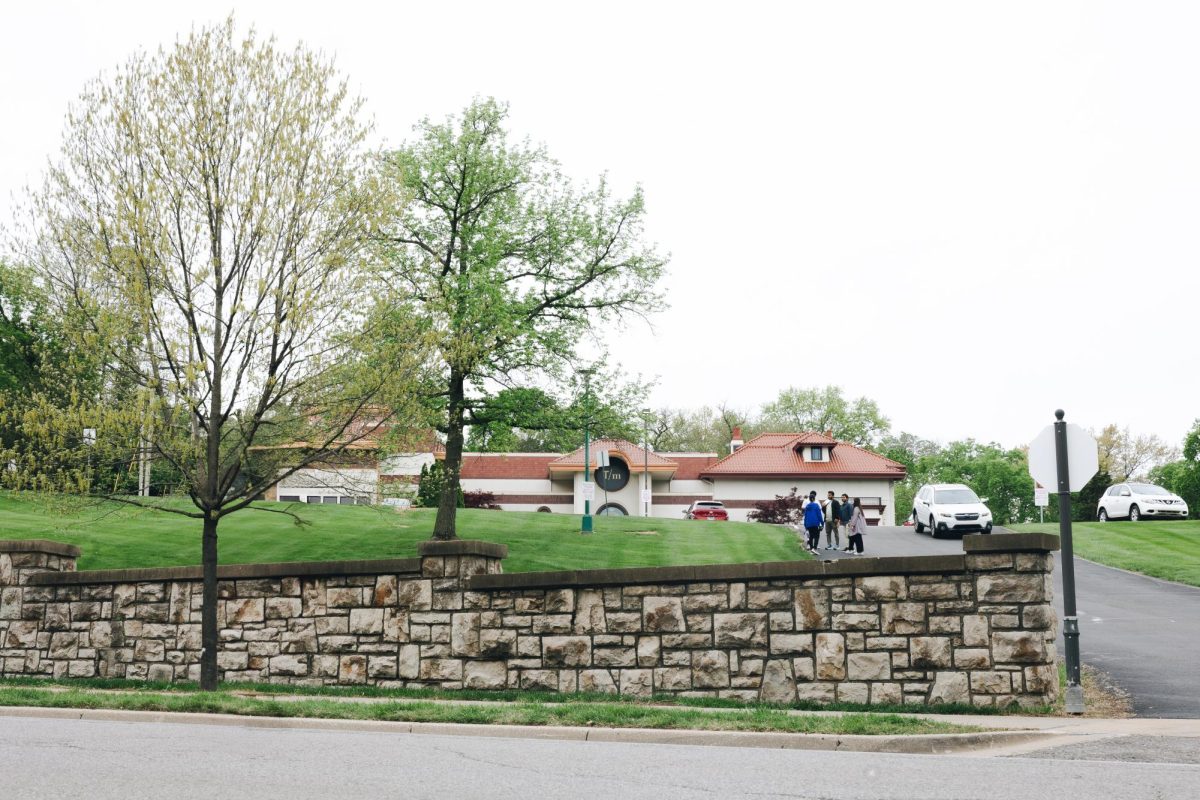
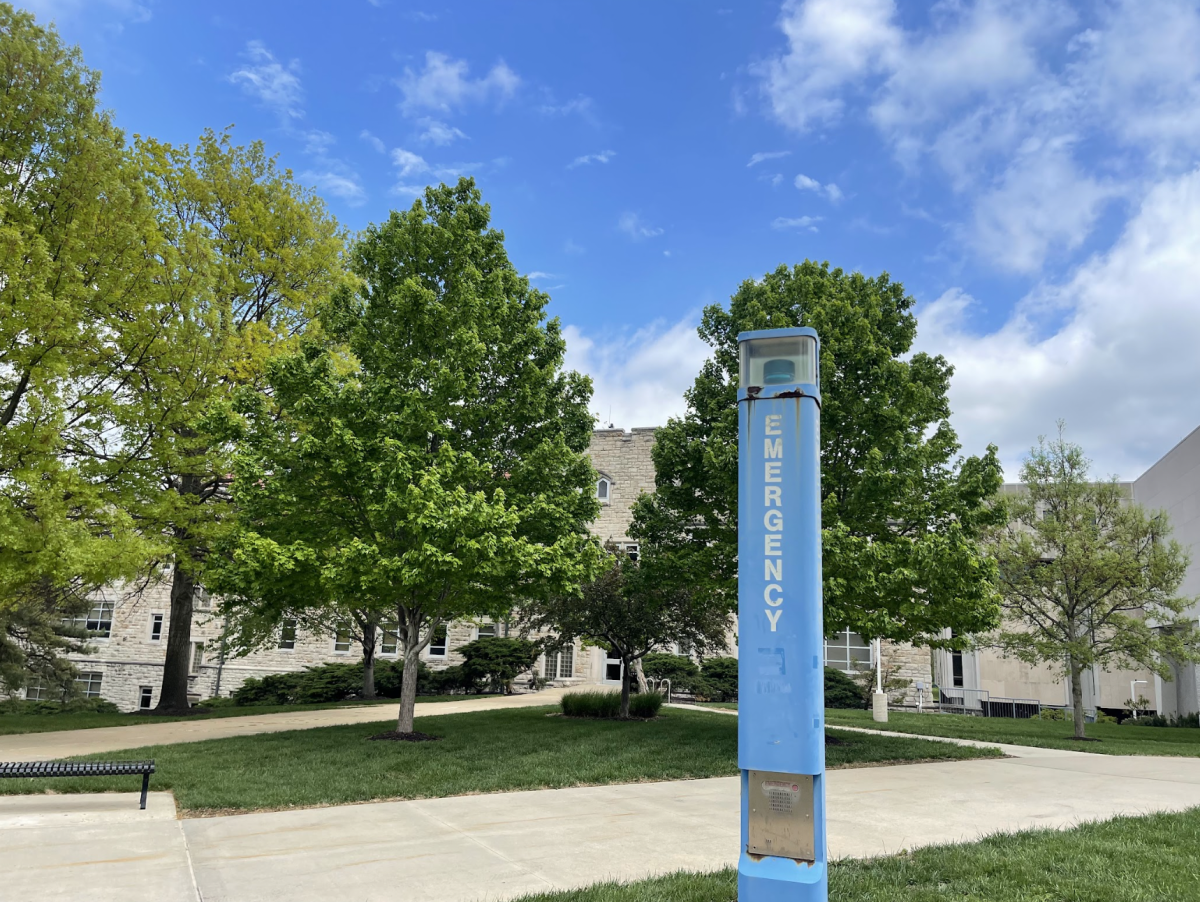
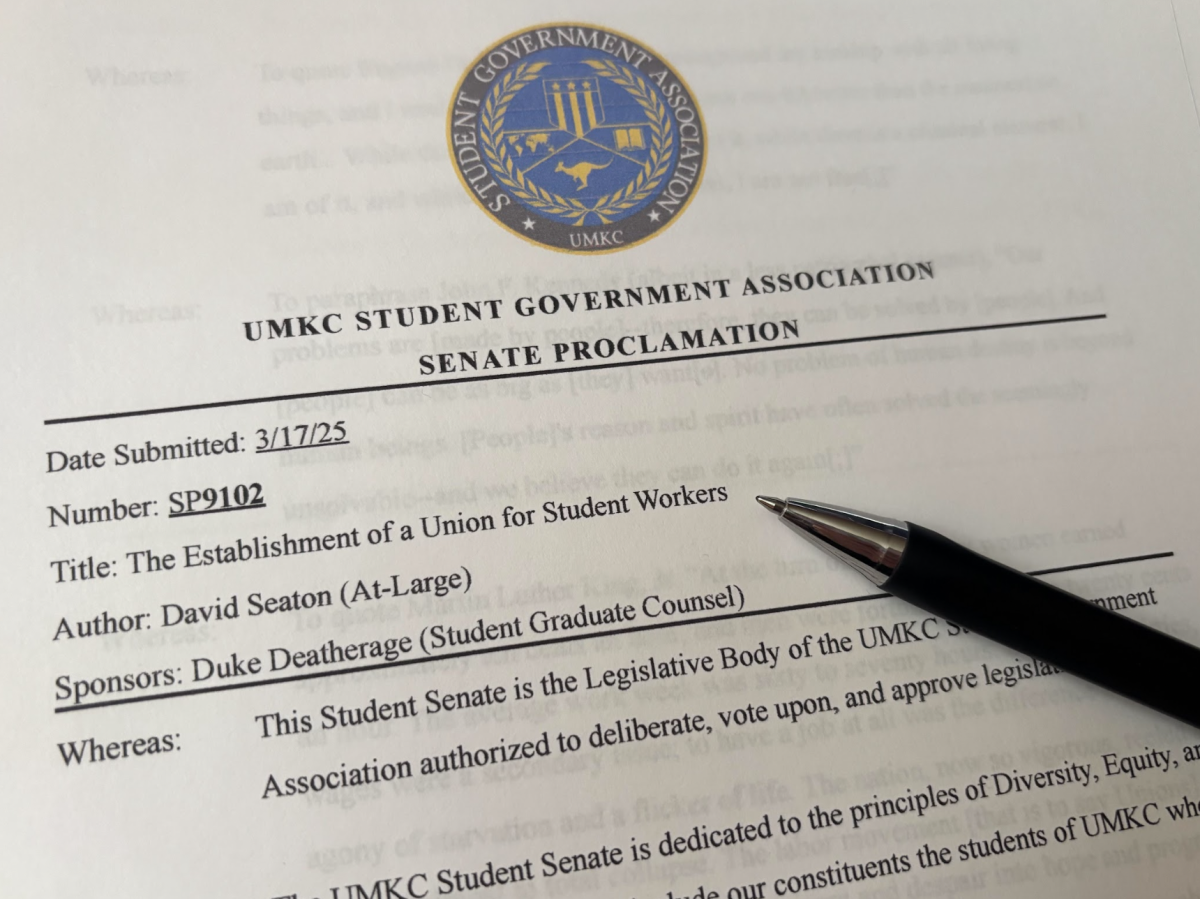

![Alex Unseth [left] and Yasmen Hassen [right] speaking at the dinner.](https://kcroonews.com/wp-content/uploads/2025/04/SGA-1-1200x800.jpg)
